
Dr DisRespect one-ups CSGO with skins that players legally own
Skins are a core part of many popular multiplayer games today, but players usually don’t legally own their fancy cosmetics. Streaming icon Herschel “Dr DisRespect” Beahm IV wants to change that.
Dr DisRespect’s new game studio Midnight Society has announced a partnership with technology company Polygon Studios. The joint venture all but confirms rumors that the studio’s upcoming game will involve blockchain technology. According to official information, the studio’s upcoming project codenamed Project Moon will allow players to digitally own their skins and accomplishments. Here’s what that means for skin fanatics.
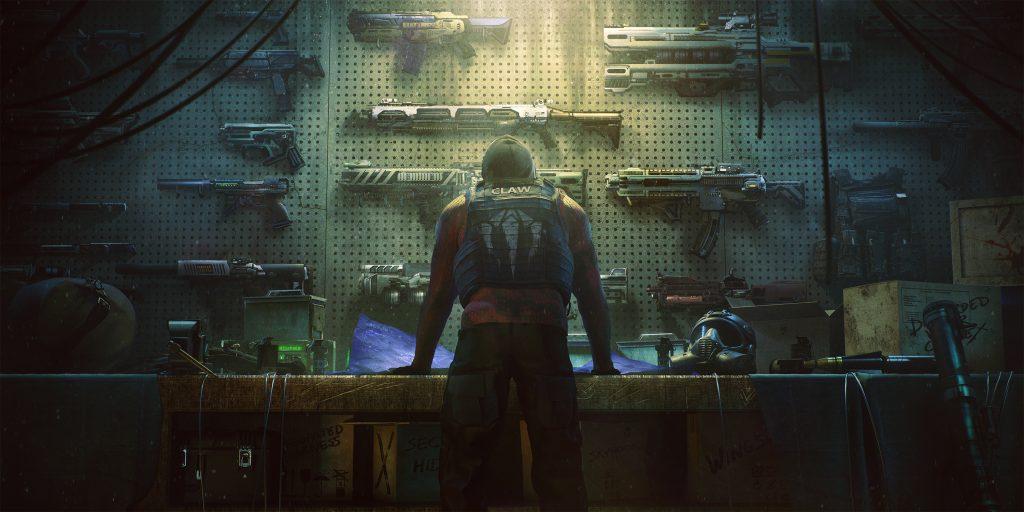
DisRespect’s studio, named Midnight Society, has already made headlines for its use of blockchain and NFT technology. While many gamers generally dislike these concepts, the studio hopes to change their minds with its first project. Upcoming shooter Project Moon will allow players to prove their ownership of skins using digital ledgers stored across the world.
The way the partnership statement is phrased implies that the blockchain usage will apply to more than just gun skins. Early concept art for Project Moon shows what appear to be player characters called Variants. Their expressive masks show plenty of room for customization, which could also be effectively turned into digital items that can be privately owned. The release also mentions “accomplishments,” which could mean monetizing big plays in a potential competitive scene.
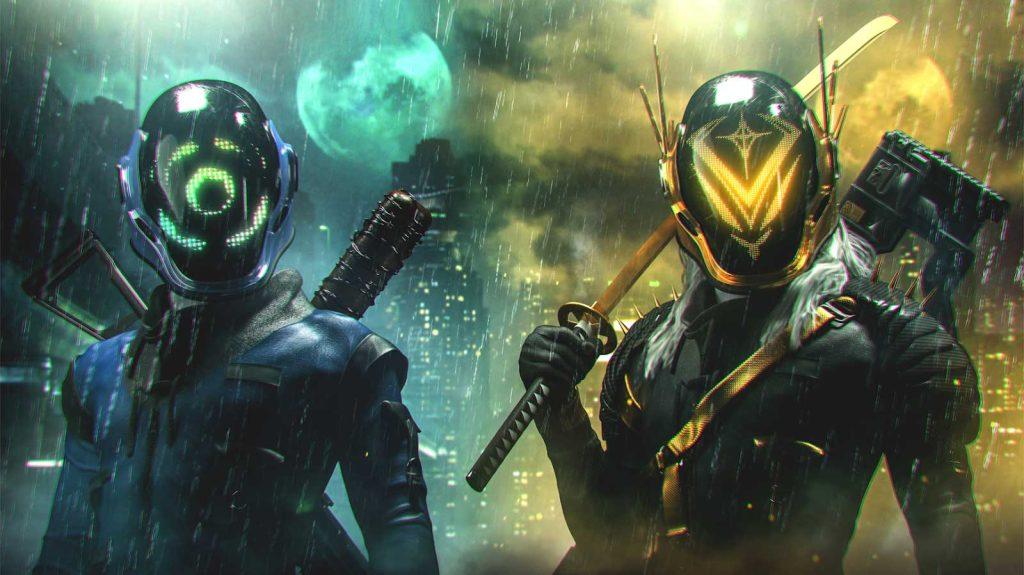
Do gamers legally own their in-game skins?
In the vast majority of games, players do not actually legally own their skins. The developer of the game does, and it can revoke access to any skin at any time and for any reason.
The most egregious cases of players not actually owning their expensive skins come from Riot Games. In League of Legends, all purchases are locked to one account with no way to transfer or trade the skins players have paid for. The same is true for Valorant, with no way to even gift skins in the game. While some alternate cosmetics can cost a lot of money, that money effectively vanishes once players buy them. Their value is purely aesthetic and is tied to one account.
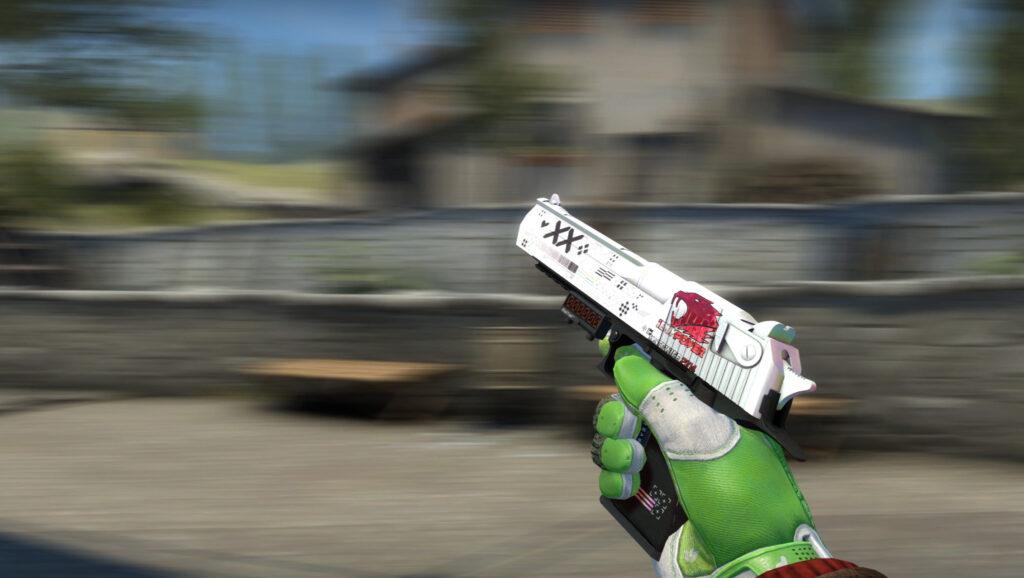
Valve games treat skins a little closer to real-life investments, but players still don’t have the full rights to their cosmetics. Counter-Strike: Global Offensive skins are randomly generated and distributed. Dota 2 uses loot boxes. Players can sell their skins on the Steam marketplace or trade them for real money. Sometimes for a ridiculous amount of money.
But control over a video game skin does not mean ownership. If Valve closes up shop tomorrow, CSGO and Dota 2 players will lose access to all of their fancy cosmetics. Banned players often have their inventories locked to their accounts, which can be worth hundreds of thousands of dollars.
If players register their skins through blockchain as Dr DisRespect wants them to, they will have full legal control and ownership of those skins. The system will be entirely detached from the development studio behind Project Moon. It’s not clear how skins will be generated in the shooter or if real money trades will be possible in-game. No matter the specifics, it could change how players treat skins across all games.
Recommended

s1mple is offering lessons to help you get good at CS2
Have you dreamed of playing like s1mple?
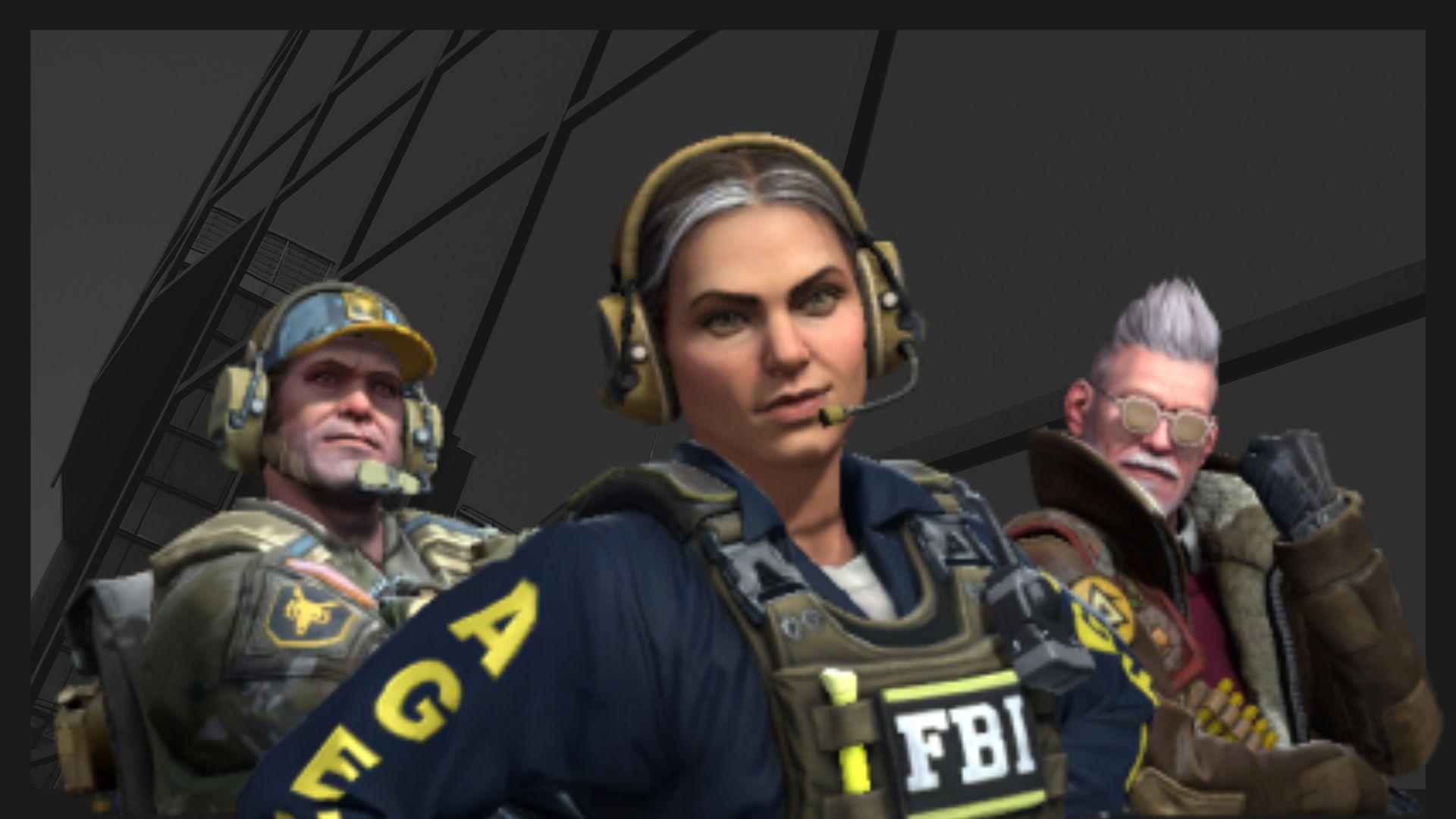
Recent CS2 ban wave punishes cheaters during live games
Valve is banning players in bulks.
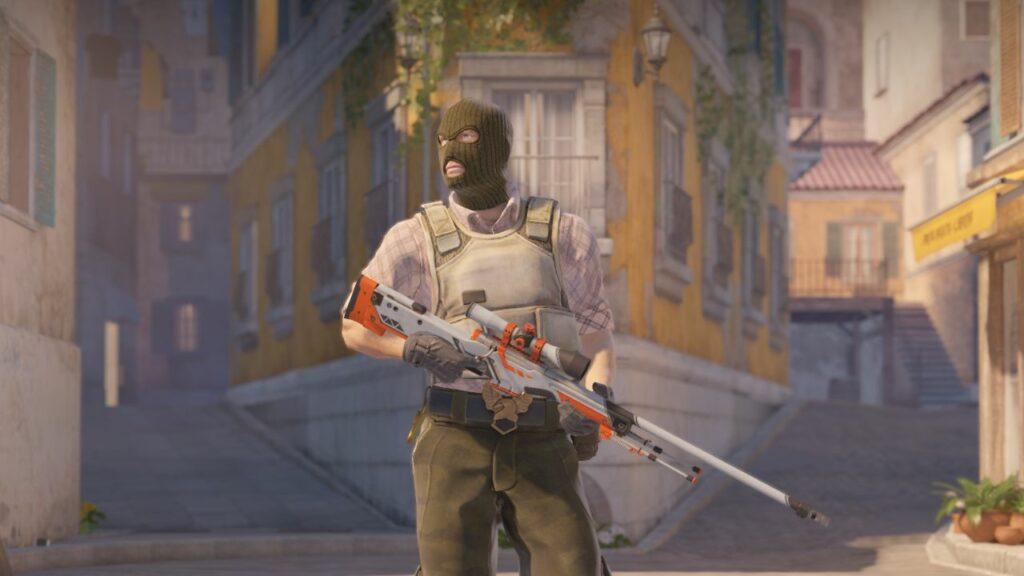
Players hopeful after Valve adds Overwatch to expose CS2 cheaters
Only “trusted” players will be Overwatch investigators.







